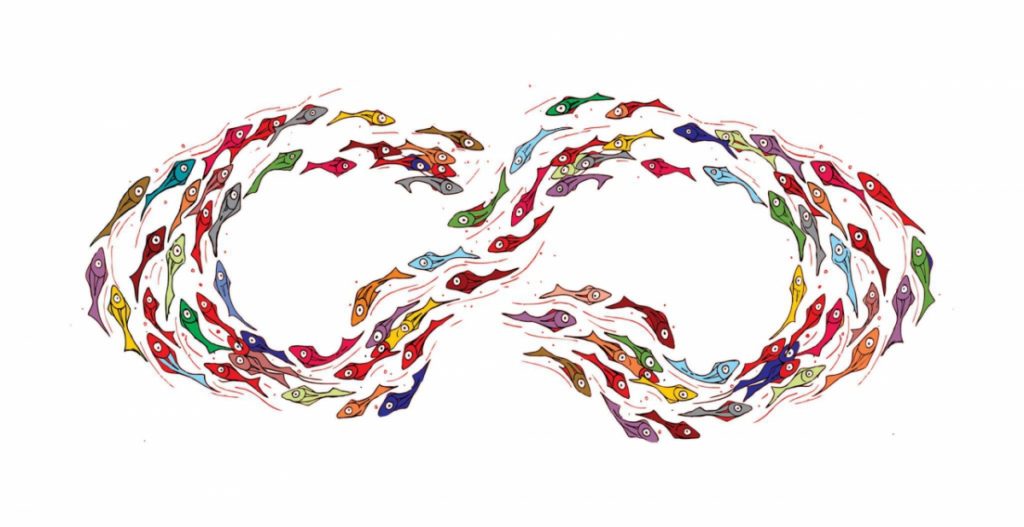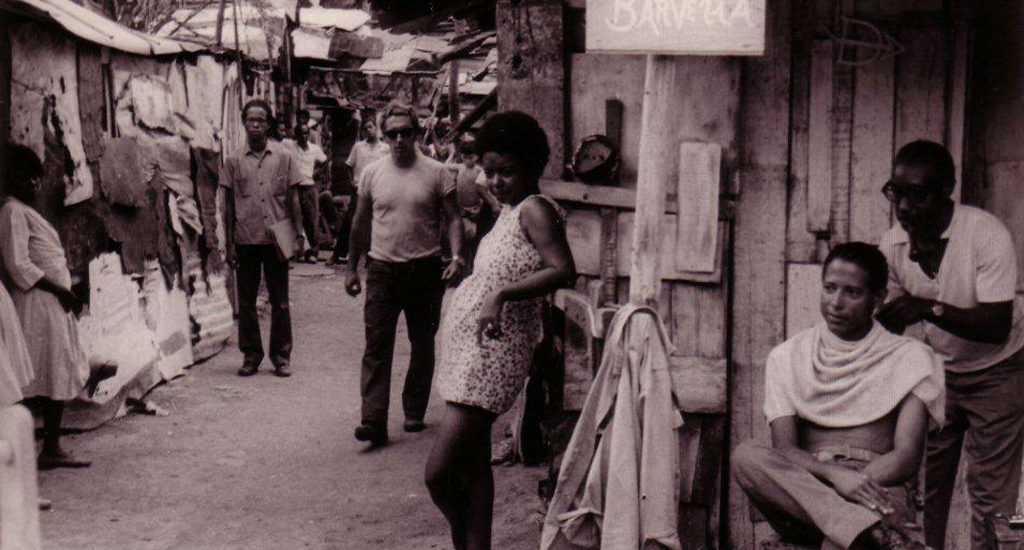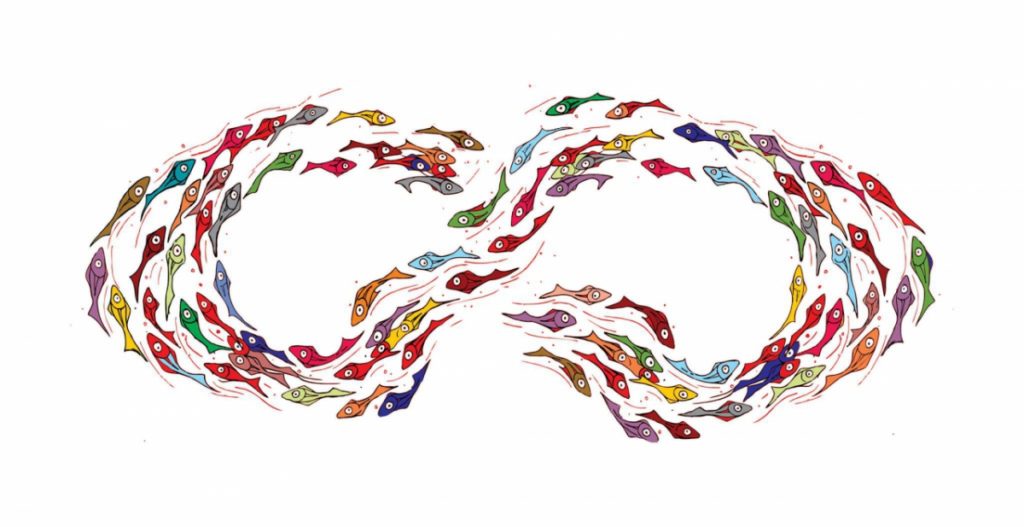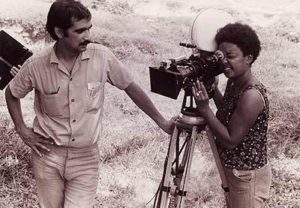 CUBAN FILMMAKERS JOIN AGAINST CENSORSHIP IN CUBA AND FOR THE “FALSE HOPE”.”
CUBAN FILMMAKERS JOIN AGAINST CENSORSHIP IN CUBA AND FOR THE “FALSE HOPE”.”
After the public debate on censorship and the ways of producing audiovisuals in Cuba, generated from the XVII Young ICAIC Show, young Cuban filmmakers have made public an open statement to which they invite every filmmaker or film follower to join.
The so-called “filmmakers of the school”, among which are directors, producers, photographers, writers, journalists, actors, critics, among others, defend a cinema that “is opposed to the false hope, complacent cinema that does not seek generate productive dialogues with the viewer and try to numb it so that it reproduces mimetically behaviors, values and worn out ideals, disconnected from the complex context “that they have had to live.
.. “Silenced pain only generates repression, hatred and social hypocrisy”, subscribe up to now almost 90 people, including directors and producers such as Yimit Ramírez, Alejandro Ramírez Anderson, Claudia Calviño, Claudia Expósito, Luis Alejandro Yero, Hugo Alea, Siro Cuartel, Alejandro Normand, or actors such as Lynn Cruz and Mario Guerra.
They argue that they are “committed” to society “in a creative and critical way” and maintain that “in the midst of apathy, predominant individualism and automatism, making films is the positive gesture” through which they participate.
For the “film-makers of the school”, to restrict them “is to limit this participation and, with it, their contribution, any accusation that looms over our films must first deal with the problems of that reality that serves as a reference, which conditions them tonally and thematically “they say.
They bet “for a cinema that allows us to reimagine ourselves as a nation in a constant way, in all our wealth and diversity, a cinema that seeks itself without complexes: inclusive, multiple, risky (…) That becomes aware of its transformative power” .. regret how they suffer “the lack of consolidated and efficient platforms” that “allow them to legally produce and distribute” their work as artists.
In this sense, they explain that their works “are born in the most diverse ways: using their own resources, solidarity contributions from colleagues, international cooperation funds, crowdfundings and the management of independent producers – these last three, subjected to a gross campaign of discredit- “To these are added sporadic and partial support provided by institutions and state enterprises of culture or other sectors,” but regret that “all these channels together, however, are not enough.”
They urge the State to respond to demands of the union that are unpostponable: the Audiovisual Creator Registry, the Promotion Fund, the Film Commission, the legalization of independent producers, and, finally, the enactment of a Film Law before the obsolescence of the Law 169 of Creation of the ICAIC “.
Against censorship with impunity
They express concern for “the tense national ecosystem in which creation is currently developing, and particularly the audiovisual” .. the arbitrariness with which editorial policy is applied in institutions such as the ICAIC, the ICRT and, recently, the FAMCA , as well as their corresponding episodes of censorship, further undermine confidence in our institutions. It is alarming, moreover, the intellectual inconsistency of the arguments that officials and advisers usually use to veto or regulate the visibility of projects or works. Such practices, added to defamation, in official media, critics and filmmakers, create an inappropriate climate for the free creation and circulation of ideas, “they say.
“We are worried that this censorship will be carried out with impunity, we believe that there are no precautions or ethical principles that sustain its continued use, or good reasons that balance its cost in political and cultural terms, it can not be unjust in other contexts and justifiable here. It is painful, repugnant, and it is more harmful when it is exercised, directly or indirectly, against a whole guild, “they add.
They demand spaces for their films within the programming in the country’s cinemas and on national television -beyond exhibitions and festivals-, spaces they consider also belong to them, “and belong to the public that has the right to appreciate our proposals and with they dialogue as active subjects. ”
The filmmakers also demand an update of the national system of audiovisual artistic education, including curricula and strengthen its faculty. “It is necessary to build a dialogue with the institutions and their representatives, as well as at the highest level of the Ministry of Culture and organizations that should represent artists, such as UNEAC, but it must be a dialogue in conditions of equity starting from a non-authoritarian, patriarchal, paranoid logic, but horizontal, respectful and unprejudiced (…) In a country like ours, cultural policy should not be understood or imposed as dogma, “they say.
Later, they point out: “we are not the tomorrow, nor the mere present, much less the past of Cuban cinema, we are an active combination of three times, a machinery of multiple voices and diverse intentions united by the desire to dream. a country capable of being in front of the black mirror that is the cinema, and that before it manages to recognize, love and hate, criticize and praise, resist and transform, all at the same time “.
In this sense, they affirm that they will continue to “promote initiatives of alternative creation and reflection that reinvent the notions of participation and commitment, exercising the gaze and the ear”, occupying the space that they have “earned with each plan, each court, each dissolution. Our films, created on the Island and beyond, will continue to speak and resonate even if they try to put on gags, they will speak for themselves and they will be our voices, the voices of many, we will find new words, new phrases, new languages to tell us. “they conclude.
 CINEASTAS CUBANOS SE UNEN CONTRA LA CENSURA EN CUBA Y “LA FALSA ESPERANZA”.
CINEASTAS CUBANOS SE UNEN CONTRA LA CENSURA EN CUBA Y “LA FALSA ESPERANZA”.
Luego del debate público sobre la censura y los modos de producir audiovisual en Cuba, generado a partir de la XVII Muestra Joven ICAIC, jóvenes realizadores cubanos han hecho pública una declaración abierta a la que invitan a todo cineasta o seguidor del cine a adherirse.
Los denominados “cineastas del cardumen”, entre los que se encuentran directores, productores, fotógrafos, guionistas, periodistas, actores, críticos, entre otros, defienden un cine que “se opone al de la falsa esperanza, a ese cine complaciente que no busca generar diálogos productivos con el espectador y pretende adormecerlo para que reproduzca miméticamente conductas, valores e idearios desgastados, desconectados del complejo contexto” que les ha tocado vivir.
..”El dolor acallado solo genera represión, odio e hipocresía social”, suscriben hasta ahora casi 90 personas, entre ellas directores y productores como Yimit Ramírez, Alejandro Ramírez Anderson, Claudia Calviño, Claudia Expósito, Luis Alejandro Yero, Hugo Alea, Siro Cuartel, Alejandro Normand, o actores como Lynn Cruz y Mario Guerra.
Argumentan estar “comprometidos” con la sociedad “de forma creativa y crítica” y sostienen que “en medio de la apatía, el individualismo y el automatismo predominantes, hacer cine es el gesto positivo” mediante el cual participan.
Para los “cineastas del cardumen”, coartarlos “es limitar esta participación y, con ella, su aporte, cualquier acusación que se cierna sobre nuestras películas debe atender primero los problemas de esa realidad que les sirve de referente, que las condiciona tonal y temáticamente”, afirman.
Apuestan “por un cine que permita reimaginarnos como nación de manera constante, en toda nuestra riqueza y diversidad. Un cine que se busque a sí mismo sin complejos: inclusivo, múltiple, arriesgado (…) Que tome consciencia de su poder transformador”..lamentan cómo padecen “la inexistencia de plataformas consolidadas y eficientes” que les “permitan producir y distribuir legalmente” su trabajo como artistas.
En tal sentido, explican que sus obras “nacen por las más diversas vías: utilizando recursos propios, aportes solidarios de colegas, fondos de cooperación internacional, crowdfundings y la gestión de productoras independientes ―estas tres últimas, sometidas a una burda campaña de descrédito―. “A ellas se suman apoyos esporádicos y parciales que proveen instituciones y empresas estatales de la cultura u otros sectores”, pero lamentan que “todas estas vías juntas, sin embargo, no son suficientes”.
Urgen al Estado a dar “respuesta a demandas del gremio que son impostergables: el Registro del Creador Audiovisual, el Fondo de Fomento, la Comisión Fílmica, la legalización de las productoras independientes, y, por último, la promulgación de una Ley de Cine ante la obsolescencia de la Ley 169 de Creación del ICAIC”.
Contra la censura impune
Manifiestan preocupación por “el tenso ecosistema nacional en que se desarrolla actualmente la creación, y de manera particular el audiovisual”.. la arbitrariedad con que se aplica la política editorial en instituciones como el ICAIC, el ICRT y, en fecha reciente, la FAMCA, así como sus correspondientes episodios de censura, minan más aún la confianza en nuestras instituciones. Resulta alarmante, por demás, la inconsistencia intelectual de los argumentos que funcionarios y asesores suelen esgrimir para vetar o regular la visibilidad de proyectos u obras. Tales prácticas, sumadas a la difamación, en medios de prensa oficiales, de críticos y realizadores, generan un clima inapropiado para la libre creación y circulación de las ideas”, sostienen.
“Nos preocupa que esta censura se ejerza impunemente. Creemos que no hay cautelas ni principios éticos que sostengan su uso continuado, ni razones de bien que equilibren su costo en términos políticos y culturales. No puede ser injusta en otros contextos y justificable aquí. Siempre es penosa, repudiable. Y es más lesiva cuando se ejerce, directa o indirectamente, contra todo un gremio”, añaden.
Reclaman espacios para sus películas dentro de la programación en los cines del país y en la televisión nacional ―más allá de muestras y festivales―, espacios que consideran también les pertenecen, “y pertenecen a los públicos que tienen derecho a apreciar nuestras propuestas y con ellas dialogar como sujetos activos”.
Los cineastas demandan además una actualización del sistema nacional de enseñanza artística audiovisual, incluidos planes de estudio y fortalecer su claustro de profesores. “Se impone construir un diálogo con las instituciones y sus representantes, así como al más alto nivel del Ministerio de Cultura y de organizaciones que deben representar a los artistas, como la UNEAC. Pero ha de ser un diálogo en condiciones de equidad a partir de una lógica no autoritaria, patriarcal, paranoide; sino horizontal, respetuosa y desprejuiciada(…) En un país como el nuestro, la política cultural no debe ser un sobreentendido ni puede imponerse como dogma”, manifiestan.
Más adelante, señalan: “no somos el mañana, ni el mero presente, y mucho menos el pasado del cine cubano. Somos una combinación activa de tres tiempos, una maquinaria de múltiples voces e intenciones diversas unidas por el deseo de soñar. Soñamos con un país capaz de verse frente al espejo negro que es el cine, y que ante él logre reconocerse, amarse y odiarse, criticarse y alabarse, resistir y transformarse, todo al mismo tiempo”.
En tal sentido, afirman que seguirán “potenciando iniciativas de creación y reflexión alternativas que reinventen las nociones de participación y compromiso, ejerciendo la mirada y el oído”, ocupando el espacio que se han “ganado con cada plano, cada corte, cada disolvencia. Nuestras películas, gestadas en la Isla y más allá, seguirán hablando y resonando aunque intenten ponernos mordazas. Hablarán por ellas mismas y serán nuestras voces, las voces de muchos. Encontraremos palabras nuevas, frases nuevas, lenguajes nuevos para contarnos. Pero nunca guardaremos silencio”, concluyen.
Agencies/DDC/Internet Photos/Arnoldo Varona/TheCubanHistory.com
THE CUBAN HISTORY, HOLLYWOOD.







